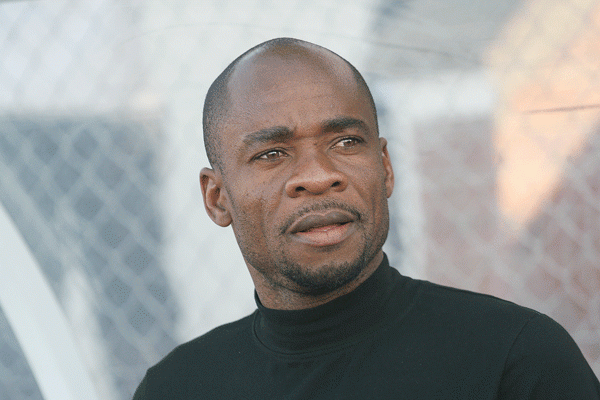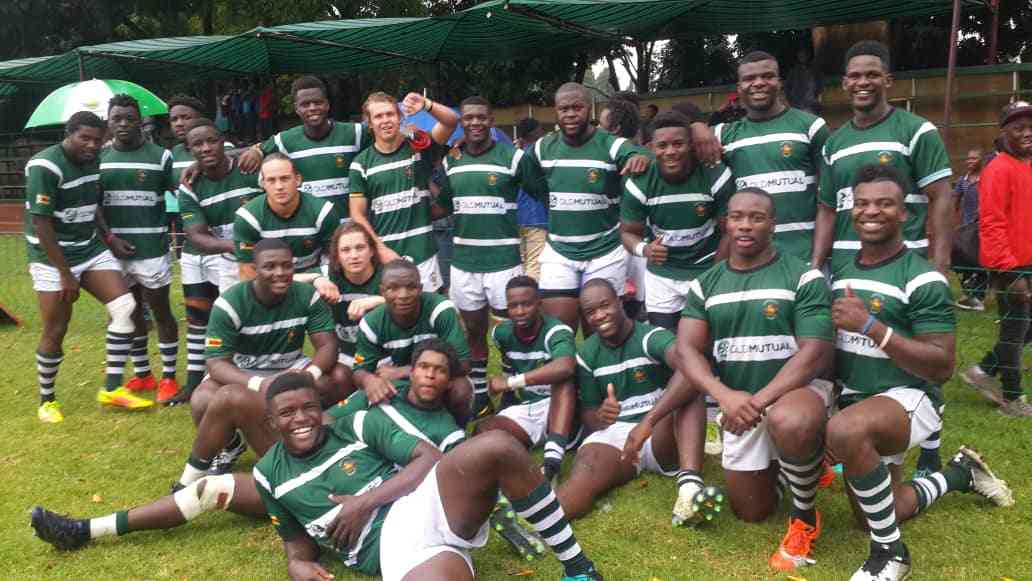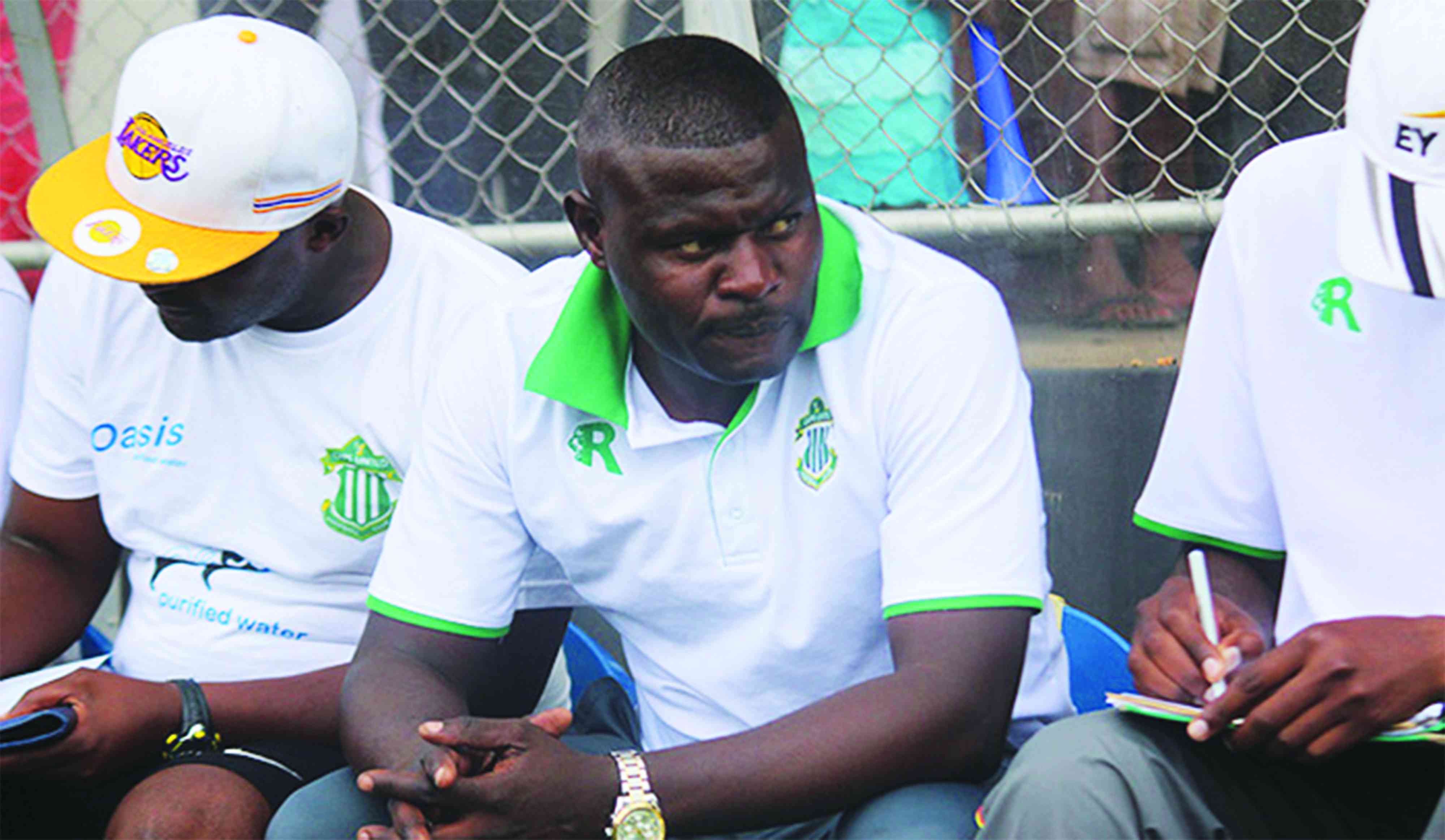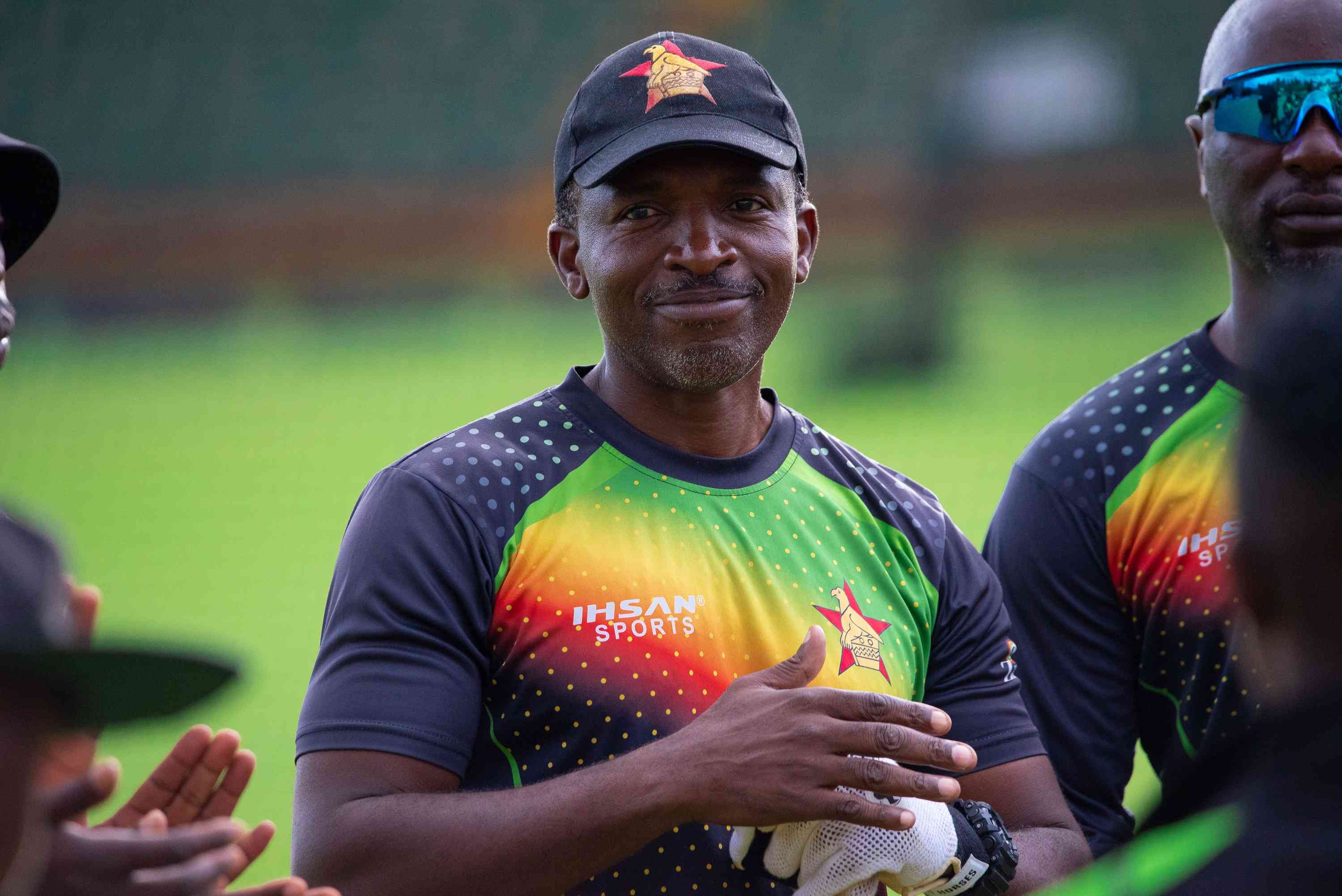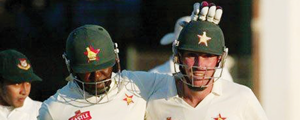
Zimbabwe Cricket is currently locked in a stand-off with players over unpaid salaries.
The Standard
This has thrown the domestic league into chaos and threatened to plunge into disarray preparations for next year’s Twenty20 World Cup in Bangladesh.
Sports reporter Michael Madyira (MM) talked to ZC chairman Peter Chingoka (PC) about the prevailing situation. Below are the excerpts of the interview.
MM: Do you see any end in sight for the problems currently bedeviling Zimbabwe Cricket? PC: We see an end in sight. To put the issue into perspective, the financial model for all Test countries revolves around a four-year cycle from one International Cricket Council Cricket World Cup to another. As of now, we are at the back-end of the current cycle, hence the current temporary challenge.
MM: What is actually the cause of your financial troubles? PC: The cause is considerable expenditure in terms of looking after our professional cricketers, our development programme in particular, the mismatch between revenue flow and our ambitious development programme driven by the objective to transform an elite sport into a national one, but where the majority does not have the financial wherewithal to take up the game. So we have to fund everything from schools and age-group, through to national sides – men and women, kit, equipment, ground preparation and maintenance plus footing the cost of tours.
MM: How have you received striking players’ concerns? Have you so far met senior players after the strike, as well as national team coaches? PC: The welfare of our players and coaches — and indeed all our other employees — is uppermost in our consideration. We have the proud record of having the best paid players and coaches in the local sports industry, and we aim to continue to have them living comfortably. Our managing director [Wilfred Mukondiwa] and senior staff are in dialogue with the players and coaches and similarly, some of the franchise management committees are doing the same with their players and coaches. We are explaining that the hitch was an unfortunate and regrettable one but we had not foreseen it given that it occurred while we were in the middle of negotiations with our international broadcast partners and the ICC. We are explaining that it is a temporary hitch and we are working round the clock to resolve it. We are also telling them about the economic environment we are operating from Zimbabwe, and that ZC is not immune from the vagaries of the market. We are in full empathy with the players and coaches and indeed all our other staff.
MM: Why is cricket struggling in getting sponsorship unlike other sporting disciplines like local football league and rugby? PC: We do currently have sponsors despite the difficult times, and we are grateful to them and highly appreciative.
- Chamisa under fire over US$120K donation
- Mavhunga puts DeMbare into Chibuku quarterfinals
- Pension funds bet on Cabora Bassa oilfields
- Councils defy govt fire tender directive
Keep Reading
MM: Have you devised ways to bring back sponsors into the game? If so, can you please specify? PC: The search for sponsorship is ongoing for us – as it is indeed for any other sporting organisation, but it would be folly for us to prematurely indicate where our efforts are being targeted.
MM: What kind of future do you see in Zimbabwe Cricket? PC: As we said earlier, ours is a growing sport and it will continue to grow into all sectors of the population and the four corners of the country. We will continue to fly the national flag high in line with our vision which is “To be a successful performer in the global sports and entertainment industry”.
MM: Are the ICC grants not enough to cover all your financial commitments? PC: Grants alone do not cover our financial commitments. We have only started receiving grants now under the new ICC scheme of the Targeted Assistance Performance Programme (Tapp) designed to bridge the gaps among the Test nations so that Bangladesh, New Zealand, Pakistan, Sri Lanka, West Indies and Zimbabwe can narrow the gap between them on one hand and Australia, England, India and South Africa on the other. Currently, the amount is US$1,5 million dollars over three years for specific targeted activities. As explained earlier on, the financial model is the four-year cycle for distributions flowing from the ICC events from which we have to meet the expenditure outlined above.
MM: How much did India’s tour of Zimbabwe help you financially this year? PC: The tour was of significant financial assistance to us. However, demands on India are hectic as they are the leading revenue earner for all countries. Because their calendar became congested, the tour to Zimbabwe had to be reduced from seven to five matches with a corresponding negative impact on television rights income. In fact, it is this impact of this unforeseen curtailment that we are feeling now and which has led to the temporary hitch.



